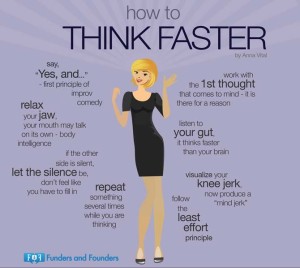I see you as a writer and in my mind that means you’re self-employed: you may have one day job, you have a dozen clients, but you’re a writer which means you’re creating your own work and then doing it. But we do constantly deal with other people and it’s interesting to see things from their perspective as well as ours.
I think it’s interesting from a writers’ point, the writer’s way of understanding characters. But it’s also practical and pragmatic when it comes to, say, quitting your job. This is a weekend read kind of piece about what it’s like to be a boss losing staff and how they should best cope with this – which means it’s also about what we can expect and what we should hope for whenever we resign from a job or a contract.
Unexpected resignations present big challenges for leaders, especially those unaccustomed to dealing with them. “It’s probably a frustration you haven’t had for a while — and if you’re a relatively new manager, you might not have ever experienced this before,” says Priscilla Claman, the president of Career Strategies, a Boston-based consulting firm and a contributor to the HBR Guide to Getting the Right Job. Abrupt employee departures are especially hard on the psyche. If you’ve grown to really rely on that person, “you may feel deserted and alone,” says Anat Lechner, a clinical associate professor of management and organizations at NYU Stern. “You’re left psychologically and practically without a point person.” Here are some tips to help you manage the separation and make the transition as smooth as possible.
Once the news is delivered, Claman advises “muting your inner response of: What? Why? You didn’t tell me!” Instead, she says, “breathe” and “even if you’re upset” do your best to engage in a “warm and friendly conversation about [the person’s] future plans.” In the modern workplace, “people come and go over and over again so it’s important to maintain relationships,” she explains. If your interactions with the employee have been difficult and you sense hostility in the departure — in other words, he can’t wait to leave — you need to “figure out what can be salvaged,” says Lechner. She recommends saying something like, “I appreciate the contributions you’ve made and I understand that you’ve had a tough time here. For the sake of your reputation and mine, let’s take the high road.” She adds, “Do things right so there’s no bad blood.”
Read the full piece. The details of corporate practice are American but the principles are the same everywhere.
